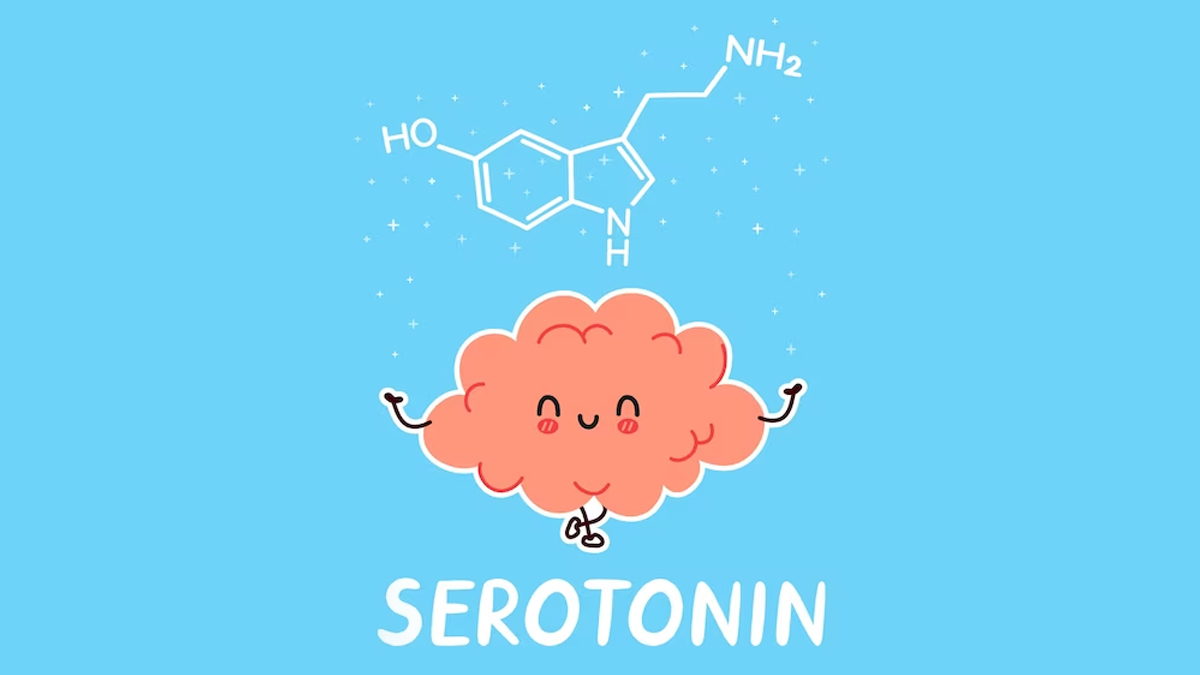
Did you know your hormones play a significant role in how you feel? Our happy memories and moments of amazement and wonder trigger a chemical reaction in our brains, which is one of the main components of this. The process involves the use of chemical messengers called hormones in our brains. Hormones, such as serotonin and dopamine are neurotransmitters, commonly known as ‘happy hormones', and play pivotal roles in regulating mood, motivation, and overall well-being.
We spoke to Dr Vipul Gupta, Chief of NeuroInterventional Surgery and Co-Chief of the Stroke Unit at Artemis Hospital, Gurugram, who shed light on the fundamental differences between serotonin and dopamine.
Serotonin: The Stabiliser

Serotonin, often dubbed the ‘feel-good’ neurotransmitter, is primarily associated with feelings of happiness, contentment, and emotional stability. Dr Gupta explained, “Serotonin acts as a mood stabiliser. It helps regulate sleep, appetite, and mood, contributing to an individual's overall sense of well-being.”
Serotonin plays a crucial role in managing anxiety and stress and is known for its calming effect. Disorders, such as anxiety and depression have been associated with low serotonin levels. Dr Gupta emphasises, “Maintaining a healthy balance of serotonin is essential for mental health, and lifestyle factors, such as regular exercise and a balanced diet can positively influence serotonin levels.”
According to the Journal of the Federation of American Societies for Experimental Biology (FASEB), the enterochromaffin cells in the gut contain about 90% of the body's total serotonin, which is used to control the function of the digestive system.
Also Read: Serotonin Syndrome: Expert Explains What It Is And Why Does It Happen?
Dopamine: The Motivator
In contrast, dopamine is often hailed as the ‘reward’ neurotransmitter. Dr Gupta said, “Dopamine is associated with the brain's reward and pleasure centres. It plays a key role in motivation, reinforcement, and the experience of pleasure and reward”.
According to the research published in the Journal of Neuroscience, dopamine plays a significant role in promoting wakefulness by modulating it. Sleep deprivation can lead to a decrease in the number of dopamine receptors available, which can make it more difficult to stay awake. This is because dopamine has nowhere to bind when there are fewer receptors.

Dopamine is released in response to pleasurable stimuli, such as achieving a goal or engaging in rewarding activities. This neurotransmitter is crucial for motivation, focus, and the drive to pursue goals. However, imbalances in dopamine levels have been linked to conditions like addiction and certain psychiatric disorders.
Also Read: What is Dopamine Chasing? Signs You Should Know About and Management Tips
Finding the Right Balance

Keeping both serotonin and dopamine in check is super important for feeling our best. Dr Gupta said, “Both neurotransmitters work together to shape how we feel and act. It's all about finding that balance.”
Taking care of ourselves with things like exercise, eating well, and getting enough sleep helps keep our brain chemicals in harmony. Understanding how serotonin and dopamine work can help us make smart choices for our mental health.
According to the HHS Public Access, a deficiency in serotonergic function may lead to hyperactivity of the dopamine system, which in turn may encourage impulsive behaviour since serotonin functions as a functional regulator of the dopamine system. This connection could explain why people with impulsive aggression also have co-occurring dopamine and serotonin dysfunctions.
[Disclaimer: This article contains information provided by a registered healthcare professional and is for informational purposes only. Hence, we advise you to consult your expert if you face any health issues for proper diagnosis and treatment.]
Also watch this video
How we keep this article up to date:
We work with experts and keep a close eye on the latest in health and wellness. Whenever there is a new research or helpful information, we update our articles with accurate and useful advice.
Current Version